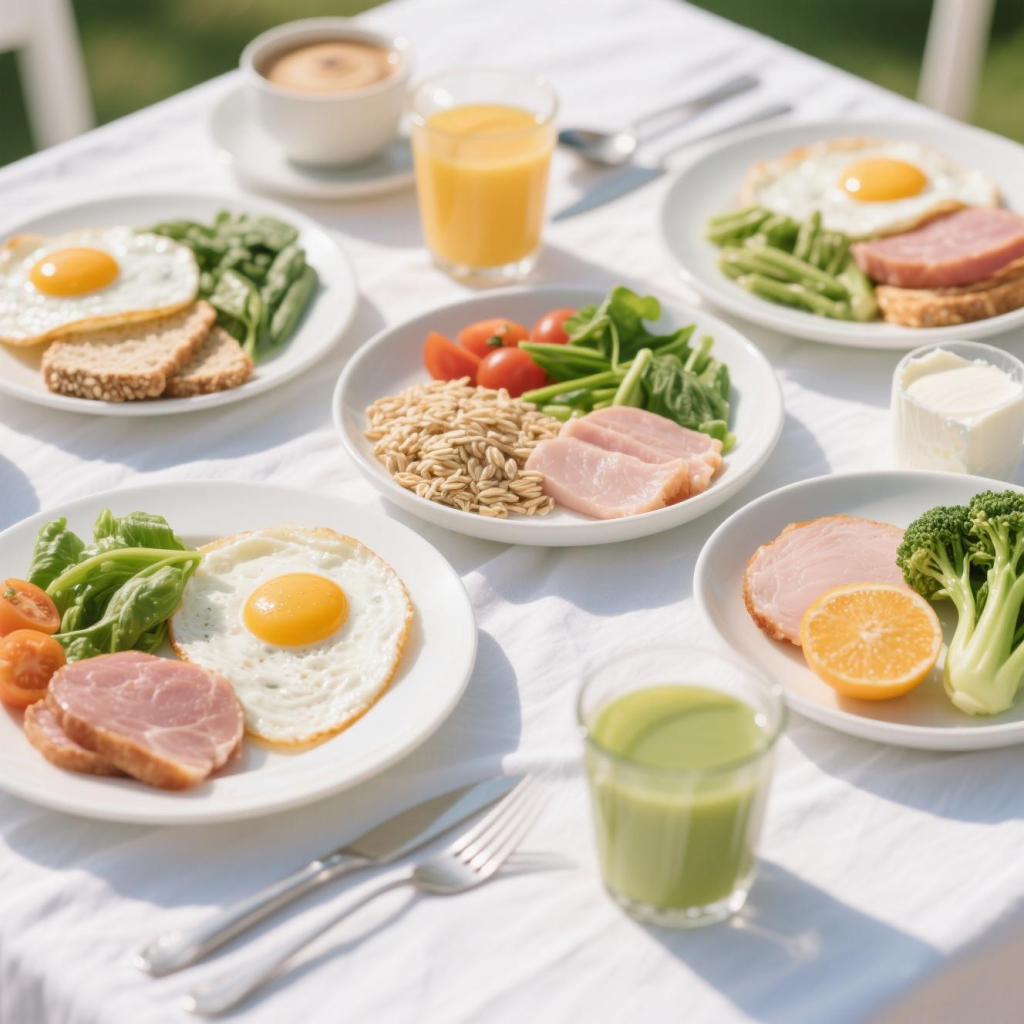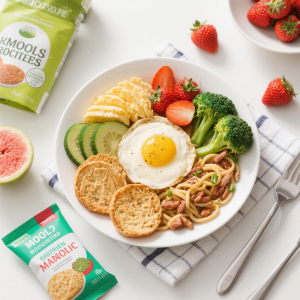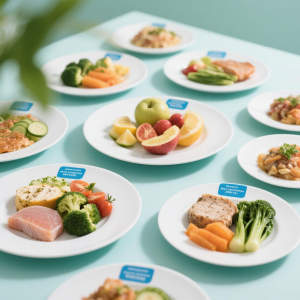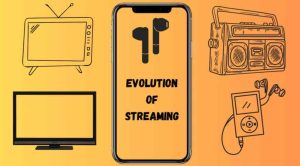
Every morning, James found himself standing in front of his refrigerator, staring blankly at the rows of half-used almond milk cartons, a neglected tub of oats, and leftover takeout he knew better than to touch. He wasn’t lazy or unmotivated—just overwhelmed. After all, the world seemed to have an opinion on everything. Intermittent fasting. Keto. Bulletproof coffee. Carbs before noon. No carbs at all. It was hard to know what actually worked when it came to losing fat, especially when the advice changed faster than the TikTok trends his teenage daughter followed.
What finally helped James wasn’t another viral diet tip or a flashy meal plan—it was a conversation with a friend who had quietly lost fifteen pounds and kept it off. She didn’t talk about cutting out food groups or skipping breakfast. She talked about eating smarter, especially in the morning. And that was the lightbulb moment: breakfast wasn’t the enemy. It was an opportunity.
Breakfast has long been seen as “the most important meal of the day,” but it’s often misunderstood. For people focused on sustainable fat loss, it’s not just about eating early—it’s about eating right. High-protein, high-fiber meals with healthy fats are at the core of effective fat-burning breakfasts. These foods stabilize blood sugar levels, reduce cravings throughout the day, and support better metabolism. And perhaps most importantly, they actually taste good.
Take Julia, a busy mom of two who juggled Zoom meetings and school drop-offs every morning. She used to start her day with a slice of toast and a cup of coffee, thinking she was being efficient. But by 11 a.m., she was ravenous and reaching for sugary snacks. Everything changed when she began making protein smoothies in the morning. Her go-to blend? Unsweetened almond milk, frozen blueberries, a scoop of whey protein powder, a handful of spinach, and chia seeds. It took less than five minutes, but it kept her full and focused until lunch. The combination of protein and fiber worked like magic. And she noticed something else, too: her jeans started fitting better.
For people aiming to reduce belly fat, insulin regulation is a huge piece of the puzzle. Spiking blood sugar early in the day with processed carbs—like bagels or sweetened cereal—can kick off a rollercoaster of cravings and fat storage. On the flip side, meals that combine slow-digesting carbohydrates with quality protein help the body tap into stored fat more efficiently. Greek yogurt with berries and walnuts, for example, is not only creamy and delicious but also a metabolic powerhouse. It’s rich in probiotics, which support gut health, and omega-3s that may reduce inflammation—a lesser-known contributor to stubborn weight.
There’s also something deeply satisfying about a warm, savory breakfast. When David, a former night owl turned early riser, swapped his morning muffin for scrambled eggs with sautéed mushrooms and avocado, he didn’t just feel fuller—he felt sharper. The meal delivered healthy fats, B-vitamins, and just enough fiber to keep things moving, so to speak. That switch didn’t require a fancy plan or calorie-counting—it just meant thinking differently about what breakfast could be.
People often overlook the psychological impact of starting your day with a nourishing meal. It sets the tone for better choices, reducing the impulse to “cheat” later because you already feel like you’re ahead. The truth is, most people aren’t overeating because of lunch or dinner—it’s because breakfast was an afterthought, or worse, a sugary disaster. When your day starts on a strong foundation, it ripples into everything else.
Oatmeal can also be a smart choice when done right. Most people drown it in brown sugar and dried fruit, which defeats the purpose. But steel-cut oats cooked with cinnamon, almond butter, and sliced banana? That’s a meal packed with soluble fiber, plant-based protein, and just the right touch of sweetness. It’s also a great way to support heart health, lower cholesterol, and keep hunger at bay. For people with insulin resistance or prediabetes, managing these morning carbs carefully is key to keeping glucose levels stable and unlocking fat-burning potential.
There’s no one-size-fits-all solution, but certain patterns emerge. High-protein breakfasts help preserve lean muscle mass, which is crucial for maintaining a healthy metabolism. Meals with enough fiber slow digestion, preventing blood sugar spikes and crashes. Healthy fats from sources like eggs, avocado, nuts, and seeds provide satiety and essential nutrients. And perhaps most overlooked of all—hydration plays a role. Drinking a glass of water before breakfast helps fire up digestion and reduces the chances of mistaking thirst for hunger.
Monica, a yoga instructor who spent years struggling with weight fluctuations, now swears by her homemade chia pudding. She mixes chia seeds with unsweetened coconut milk the night before, adds vanilla extract, and tops it with sliced strawberries in the morning. It’s rich in omega-3s, easy on the stomach, and supports hormonal balance—a crucial factor in fat regulation for women in their 30s and 40s. She says it doesn’t just help her feel leaner—it makes her feel calmer, more centered, and less reactive to cravings throughout the day.
For those who love variety, breakfast can be endlessly creative without compromising goals. Savory breakfast tacos with egg whites, black beans, and salsa. Cottage cheese with pineapple and a dash of cinnamon. A rice cake topped with mashed avocado, tomato slices, and hemp seeds. These meals are not only calorie-smart but also nutrient-dense. They deliver sustained energy and help shift the focus from restriction to nourishment.
Sometimes the biggest breakthrough isn’t a new ingredient—it’s breaking up with old assumptions. Take Ryan, a fitness coach who once believed skipping breakfast was the best path to fat loss. After months of hitting plateaus, he started experimenting with nutrient-dense morning meals. The change in energy was immediate. He wasn’t just leaner after a few weeks—he was stronger, slept better, and felt more emotionally balanced. His favorite meal? A veggie-loaded omelet with a side of berries. Quick to make, easy to digest, and packed with everything he needed to fuel early workouts and long client sessions.
Skeptics often ask whether timing matters. Is it better to eat within 30 minutes of waking up? Should you wait until you’re hungry? The answer often depends on your individual rhythm and goals. But research increasingly supports the idea that eating earlier in the day—particularly a breakfast high in protein and low in added sugars—leads to improved fat oxidation and better appetite control. For people aiming to enhance metabolic health, curb emotional eating, or break free from sugar dependence, breakfast becomes a strategic tool.
That’s not to say every morning needs to be gourmet. On busy days, even a hard-boiled egg and a piece of fruit can be a smarter option than skipping entirely or grabbing a donut from the office breakroom. The point isn’t perfection—it’s intention. It’s building a pattern of choices that align with how you want to feel in your body, not just how you want to look in the mirror.
The journey to fat loss often feels overwhelming, filled with conflicting messages and quick-fix promises. But the most powerful changes are often the simplest. A thoughtful breakfast isn’t a magic bullet, but it’s a meaningful anchor. It’s a way to begin each day with clarity, care, and consistency. And in a world full of chaos, that kind of ritual can be transformative.








